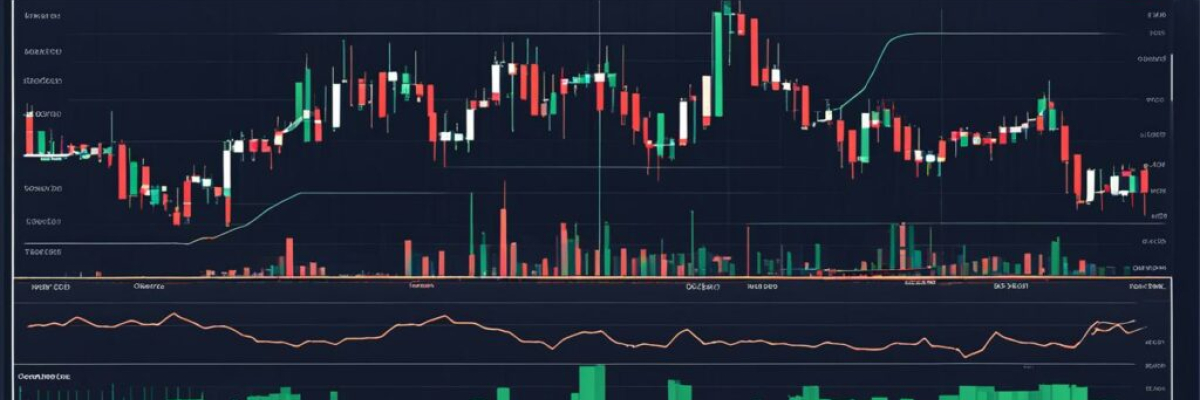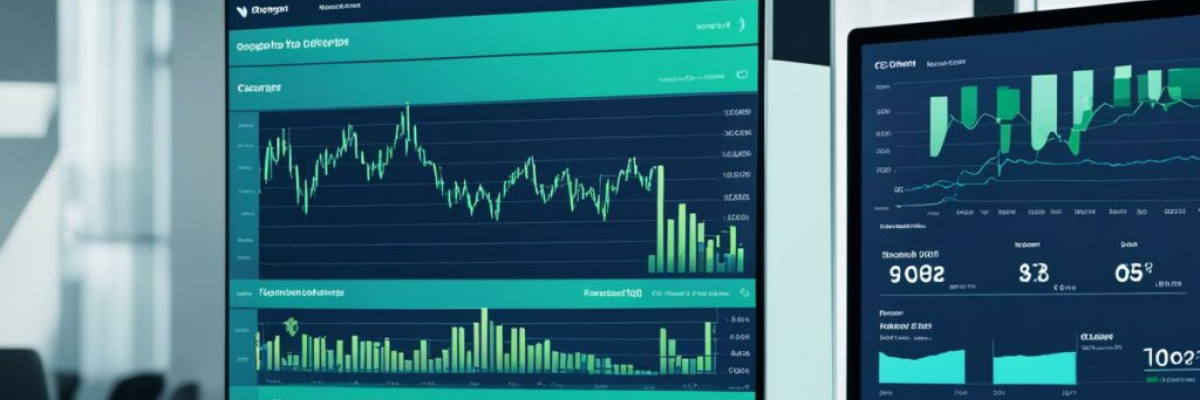Singapore’s Finance Watchdog Drives Forward a Trailblazing Tokenization Program
In a groundbreaking move to revolutionize asset exchange on the international stage, Singapore’s financial regulator, the Monetary Authority of Singapore, has launched an initiative poised to significantly streamline the way tokenized assets are exchanged between financial giants. This visionary program, a successor to Project Guardian which ran a series of tokenization trials, garners support from industry leaders including BNY Mellon, DBS, JPMorgan, and MUFG.
The inception of the Global Layer One (GL1) initiative marks a pivotal milestone as it aims to consolidate diverse tokenization efforts into a singular, interconnected framework. This collaboration between titans of the banking world is committed to forging pathways for unhindered cross-border transactions, facilitating the trade of tokenized assets within a global pool of liquidity that also aligns closely with regulatory parameters.
According to MAS’s Deputy Managing Director of Markets and Development, Leong Sing Chiong, the previous Project Guardian explored and demonstrated that tokenized financial instruments—from fixed income and foreign exchange to asset management realms—could be effectively traded and managed across borders. He emphasized, however, the pressing need for robust and scalable infrastructure to tap into the full promise of tokenized markets and create a network effect.
The Dawn of Interconnected Tokenization Ecosystems and Addition of New Trials
Aiding this transformation, the Monetary Authority of Singapore put forth the idea of an Interlinked Network Model (INM). This innovative model outlines a protocol that empowers financial institutions and banks to engage in the transfer and exchange of tokenized assets across different networks.
The continuation of Project Guardian brings additional trials to the forefront involving a variety of industry powerhouses. Heavy-hitters such as Citi, T. Rowe Price Associates, Inc., and Fidelity International are embarking on a trial for a bilateral trade process for digital assets. Pioneering the landscape for cross-border transactions, BNY Mellon and OCBC will test a method for FX payments capable of operation over varying networks. Ant Group takes on the quest for a world-class liquidity management solution that promises seamless clearing and settlements for multiple currencies globally.
Moreover, Franklin Templeton delves into the realm of tokenizing money market funds with digital tokens representing shares, while JPMorgan and Apollo are occupied in devising an asset management system that could significantly reduce traditional manual overhead with the aid of digital asset technology.
The future of asset tokenization is clearly embarking on a transformative journey with MAS at the helm. This global initiative has the potential to reinvent how we engage with financial assets across borders, ushering in a new era of efficiency and integration in the financial systems of tomorrow. As we spectate these advancements in Singapore, one can’t help but ponder the implications and potential outcomes of such a pioneering effort in the global financial landscape.

Frequently asked Questions
#### 1. What is the purpose of the Global Tokenization Initiative launched by Singapore?
The purpose of the Global Tokenization Initiative launched by Singapore is to promote the adoption of tokenization technology in various sectors, such as finance, by establishing global standards and frameworks.
#### 2. Which organizations are collaborating on the Global Tokenization Initiative?
The organizations collaborating on the Global Tokenization Initiative are Singapore, BNY Mellon, DBS, JPMorgan, and MUFG.
#### 3. What is tokenization technology?
Tokenization technology refers to the process of converting real-world assets, such as securities or physical assets, into digital tokens. These tokens can be stored and transferred on blockchain networks, providing increased efficiency, transparency, and security.
#### 4. How will the Global Tokenization Initiative benefit the finance industry?
The Global Tokenization Initiative aims to benefit the finance industry by streamlining asset tokenization processes, improving interoperability between different tokenized assets, and enhancing regulatory compliance. This will facilitate the issuance, trading, and settlement of tokenized assets, leading to greater efficiency and accessibility in financial markets.
#### 5. What are the expected outcomes of the Global Tokenization Initiative?
The expected outcomes of the Global Tokenization Initiative include the development of global standards and best practices for tokenized assets, increased collaboration among financial institutions, accelerated innovation in the tokenization space, and the establishment of Singapore as a leading hub for tokenization technology.
#### 6. How will the collaboration between Singapore, BNY Mellon, DBS, JPMorgan, and MUFG foster the Global Tokenization Initiative?
The collaboration between Singapore, BNY Mellon, DBS, JPMorgan, and MUFG will bring together the expertise, resources, and networks of these organizations to drive the development and adoption of tokenization technology globally. This collaboration will enable the sharing of knowledge, expertise, and best practices, as well as the exploration of new use cases and business models.
#### 7. How can other organizations or countries get involved in the Global Tokenization Initiative?
Other organizations or countries can get involved in the Global Tokenization Initiative by expressing their interest and willingness to collaborate. The initiative welcomes participation from entities that share the vision of promoting tokenization technology and can contribute to the development of global standards and frameworks. Interested parties can reach out to the organizing entities or join industry forums and working groups related to tokenization technology.










